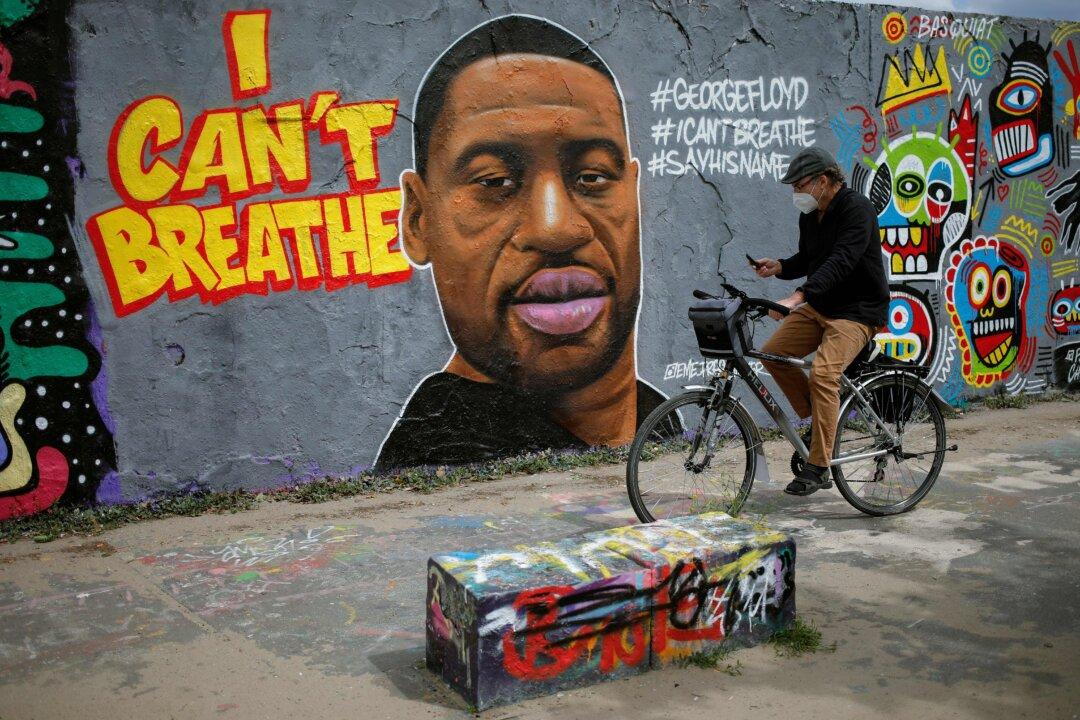The attorney for one of four former Minneapolis police officers charged in the death of George Floyd said charges should be dropped, arguing that Floyd allegedly died from a drug overdose.
Thomas Lane is facing charges of aiding and abetting second-degree murder and aiding and abetting second-degree manslaughter during Floyd’s May 25 death.





